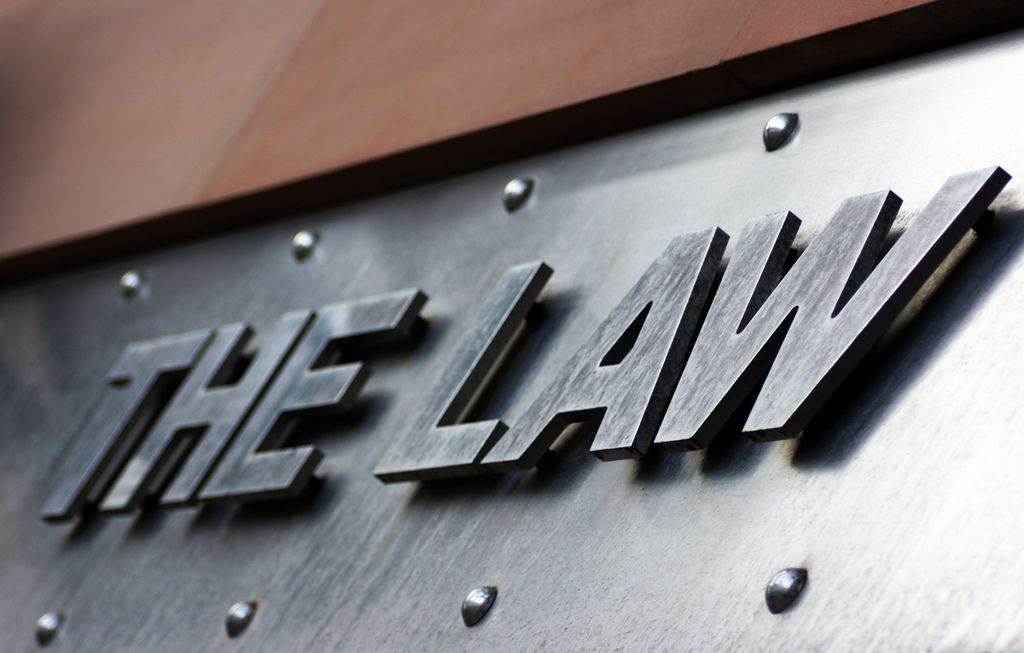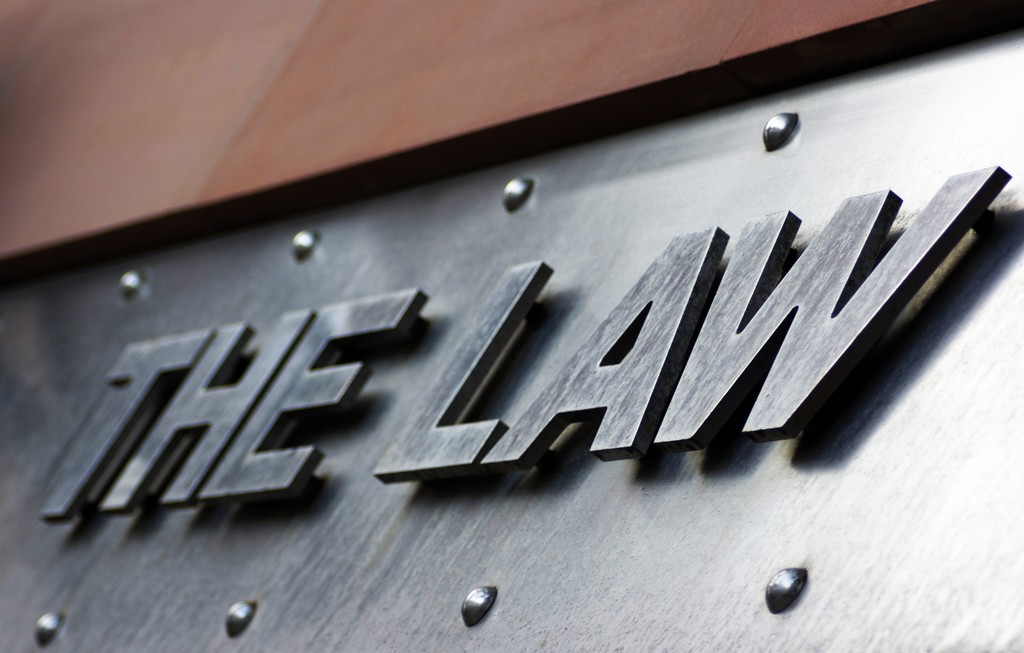In this blogpost, Shipra Prashant, a student of IInd year, University of Petroleum and Energy Studies, Dehradun writes about the law relating to anti-defection in India, advantages, disadvantages and the issues related to the law.
What is Anti Defection law?
The Rajiv Gandhi government by the fifty-second Constitutional Amendment in the year 1985 introduced Anti-Defection Law in India. The term ‘Defection’ has been derived from a Latin word ‘Defectio’ which means to abandon a position or association, often to join an opposing group.
“Defection covers the change of party affiliation both from the opposition to the government side or vice versa as also change as between the parties on the side of the house i.e. between the different constituent units of coalition government or between the different parties sitting on the opposition benches.’’ [1] Traditionally this phenomenon was known as ‘floor crossing’ which had its roots in the British House of Commons, where the legislator could change his allegiance when he crossed the floor and moved from the side of the government to the side of the opposition or vice-versa as the case may be.
The tenth schedule of the Constitution of India contains the following provisions with respect to the disqualification of members of Parliament and the State Legislature on the ground of defection:
Interpretation
In this Schedule, unless the context otherwise requires,— (a) “House” means either House of Parliament or the Legislative Assembly or, as the case may be, either House of the Legislature of a State; (b) “legislature party”, in relation to a member of a House belonging to any political party in accordance with the provisions of paragraph 2 or paragraph 4, means the group consisting of all the members of that House for the time being belonging to that political party in accordance with the said provisions; (c) “original political party”, in relation to a member of a House, means the political party to which he belongs for the purposes of subparagraph (1) of paragraph 2; (d) “paragraph” means a paragraph of this Schedule.
Disqualification on ground of defection
If a member of a house belonging to a political party:
– Voluntarily gives up the membership and affiliation to a political party or
– Votes, or does not vote in the legislature in compliance to the direction of his political party he shall be liable to be disqualified from being a member of the House.
However, if the member has taken prior permission on the particular issue, or is condoned by the party within 15 days from such voting or abstention, the member shall not be disqualified.
The other grounds for disqualification of a member are-
- If an independent candidate joins the party after the election.
- If a nominated member joins a party six months after he has become a member of the legislature.
Power to disqualify
a) The Chairman or the Speaker of the House has been conferred with the power to take the decision to disqualify a member.
b) If a complaint is made with respect to the defection of the Chairman or the Speaker, a member of the house elected by that House shall have the right to take the decision.
Exception
A person shall not be disqualified if his original political party merges with another, and he along with other members of the old party become the member of the new political party or he, and other members do not accept the merger and they opt out in order to function as a separate group. This exception shall only operate if not less than two-third members of the party in the house have agreed to the merger.
History behind the Anti Defection Law:
The phenomenon of defection despite the fact that it was acute became apparent after the fourth general election in 1967. Up to 1967 the cases of defection were 400 which subsequently rose to a figure of 500 odd cases of defection, in which 118 were by the persons who exercised a great amount of power and responsibility such as the Ministers or Ministers of State. Therefore, in 1967, a committee was formed to deal with the issue of defection. There were several recommendations made by the committee on defection. Those recommendations were considered and were introduced in the form of a bill in 1973 that was later passed as Anti Defection law in 1985.
There are various instances today where the governments have fallen due to defection or due to split in a political party. For instance, in Sri Lanka, there have been two occasions in years 1964 and 2001 where the Government has fallen particularly due to Defection. In India, even after the Anti-Defection law came into operation, various governments have faced the consequences of defection particularly in states like in Goa in 1989, Sikkim in 1994 and Arunachal Pradesh in 1999 and 2003. [2]
Advantages of Anti Defection Law:
The law related to defection ensures stability in the government since there aren’t shifts of party allegiance. The purpose of the Anti-Defection Law is to prevent unsteadiness within the government governing the citizens.
Defection is not only confined to India, but it is also rampant and prevalent in the countries having a Parliamentary form of Government. Anti-Defection law provides for punitive measures against a member who defects from one party to another. Anti-Defection Law, therefore, seeks to provide safety measures to protect both the government and the opposition against the instability that arises due to defection and shift in party allegiance.
When a citizen is voting for a particular candidate, it is because of the personal agenda of the candidate as well as the political party’s agenda or beliefs. A candidate is bound by the promises made by his party during the elections, and therefore, he is expected to remain loyal to the party as well the citizens voting for him.
Disadvantages
By preventing parliamentarians from changing their allegiance, it reduces the accountability of the government to the parliament and the people. It is restraining the basic freedom of speech and expression of the parliamentarians and the people.
While it is agreed that the stability of the government is important, equally desirable is the accountability of the house which consist of members who in turn are accountable not only to their political parties but also to the electorate.
Some of the issues regarding Anti-Defection Law:
- The first and foremost issue that needs to be addressed is whether the Tenth schedule curtails the right to freedom of speech and expression.
In the case of Kihoto Hollohon v. Zachilhu and Others[3], the Supreme Court stated that the provisions under Schedule X are not violative of Article 105 and Article 194 of the Constitution of India. They do not infringe the democratic rights of elected members of the Parliament as well as the State Legislature.
- The second issue raised is whether only resignation can constitute as the voluntarily giving up of the membership and affiliation from a political party
The Supreme Court has settled this issue in the case of Ravi S Naik v. Union India [4]. It held that the phrase ‘Voluntarily giving up of membership’ has a wider meaning and even the conduct of the member can come under the ambit of this phrase.
- The third question in regard to the Schedule X is whether a member can be said to have voluntarily given up his membership of a party he has been expelled from such party and he joins another party.
This question is answered in the case of G. Vishwanathan v. Speaker, Tamil Nadu Legislative Assembly[5] in which it was laid down that once a member is expelled, he is unattached and does not have any affiliation with any political party, so if he joins a new party after being expelled it shall be considered as ‘voluntarily giving up of membership’.
- Another issue for consideration is whether granting the power to take the final decision on disqualification of a member to the Speaker can be considered valid or not.
In the case of Kihota Hollohon v. Zachilhu and others[6], the Court said that such a provision is valid. However, the Supreme Court and the High Court has the power to review the decision made by the Speaker.
- Whether the Speaker has the power to review its own decision on disqualification of a member.
The question was answered in the case of Dr. Kashinath G Jhalmi v. Speaker, Goa Legislative Assembly[7]. The court held that the Speaker of a House does not have the power to review his own decisions, such power has not been provided for under the Schedule, and neither is implicit in the provisions.
However, only five out of the older thirty six democratic nations have laws on Anti-Defection. Thirteen out of the fifty four newer democratic nations have adopted for Anti-Defection laws. Still there are many countries which do not have any legislation on defection activities and even if they have, such laws are not effectively implemented. The need of the hour is that the countries need to adopt measures that tend to protect the sanctity of a political formation as well as the life of a government.
[1] Cited from S.K. Khana, Reforming Indian Political System, p.174
[2] G.C Malhotra, Anti-Defection Law in India and the Commonwealth, 2005 p.5
[3] AIR 1993 SC 412
[4] AIR 1994 SC 1558
[5] (1996) 2 SCC 353
[6] AIR 1993 SC 412
[7] (1993) 2 SCC 703
 Serato DJ Crack 2025Serato DJ PRO Crack
Serato DJ Crack 2025Serato DJ PRO Crack










 Allow notifications
Allow notifications


